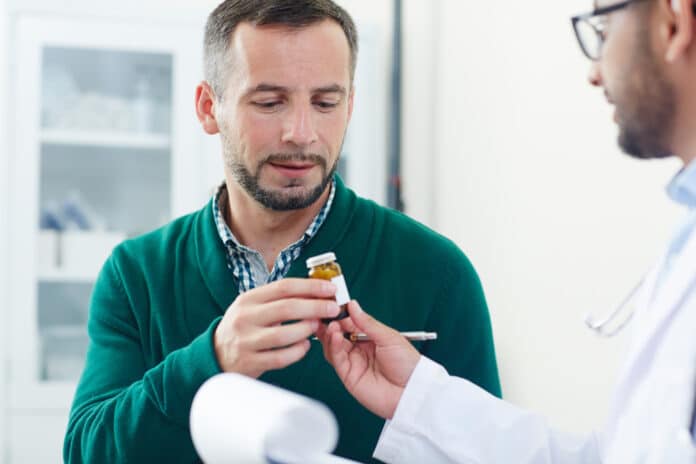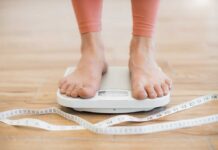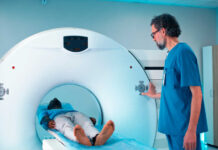
High blood pressure, also known as hypertension, is a common condition that affects millions of people around the world.
In the United States, nearly half of adults (47%, 116 million people) are living with hypertension.
Despite this high prevalence, many people are not fully aware of the dangers associated with high blood pressure.
Here are 3 important things that everyone with high blood pressure should know.
High Blood Pressure is More Dangerous Than You May Expect
High blood pressure is commonly referred to by doctors as a “silent killer”. It often presents without any obvious symptoms—you won’t feel ill or in pain.
But high blood pressure should not be underestimated.
High blood pressure puts you at a very high risk for heart disease, stroke, kidney failure, and many other life-threatening conditions. The World Health Organization (WHO) estimates that high blood pressure directly causes 12.8% of all deaths worldwide.
This is why it is so important to have your blood pressure checked on a regular basis, and follow your doctor’s instructions for managing and treating your condition.
You Can Reduce Your Blood Pressure With Diet and Lifestyle Changes
Although some people are more genetically predisposed to high blood pressure, your diet and lifestyle have a big influence on whether or not you develop hypertension.
This also means that high blood pressure is often preventable, manageable, and even reversible through lifestyle changes.
Eating healthier can significantly reduce your blood pressure levels. Here are a few dietary changes you can make to help lower your blood pressure:
- Reduce your sodium (salt) intake.
- Eat more plant-based foods.
- Limit your alcohol consumption.
- Avoid processed foods, manufactured snacks, and ready-made meals.
- Cook your own homemade meals instead of eating out at restaurants.
- Eat less red meat and processed meats (bacon, sausage, hot dogs, deli meats).
In addition to making dietary changes, you can also make lifestyle changes to help reduce your high blood pressure:
- Get at least 30 minutes of moderate-intensity exercise every day.
- Stop smoking.
- Learn and practice stress-reduction techniques, such as mindfulness, yoga, deep breathing, and progressive muscle relaxation.
- Get consistent, high-quality sleep every night.
You May Need to Take Medications (or Change Them)
In many cases, lifestyle changes are not enough to lower your blood pressure. Or, more often than not, people don’t completely follow through with making the necessary changes to their diet and lifestyle.
Your doctor will work with you to determine the best medication or combination of medications for you. It is very important that you take your medications as directed and continue making lifestyle changes to improve your health.
If you’ve been taking a blood pressure medication for a while and your blood pressure is still high, your doctor may need to adjust the dosage or switch to a different medication to keep your blood pressure under control.
If you have any questions about how you can better manage your blood pressure, talk to your doctor about what you can do to maintain a healthy blood pressure. They can give you personalized advice and recommendations that can help you reduce the risks associated with high blood pressure and hypertension-related complications.


















